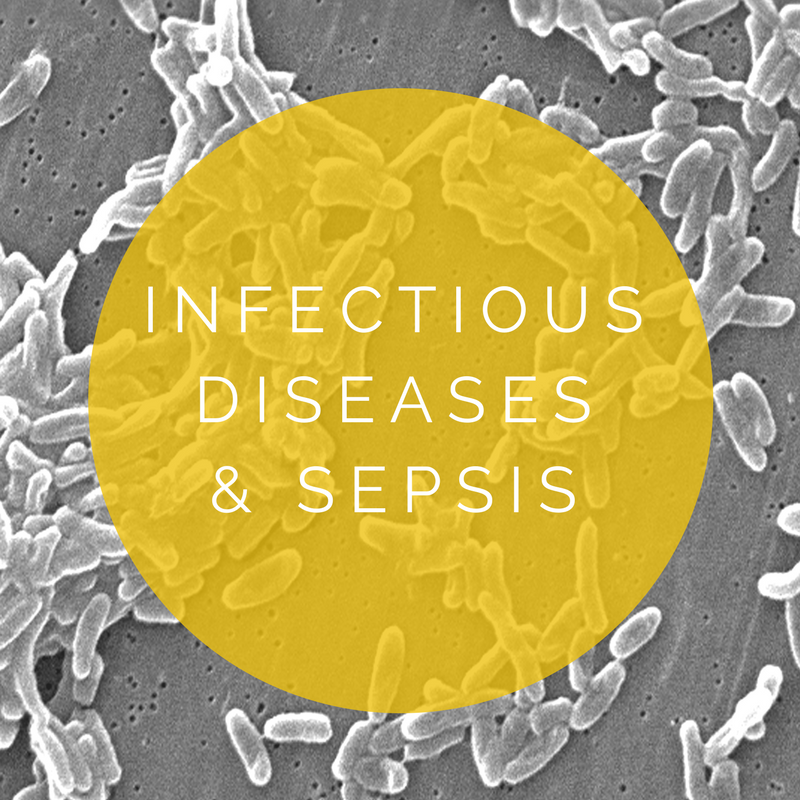Toxicology
Aims For The Week
Perform a toxicological examination
Implement the treatment for paracetamol overdose
Discuss opiate overdose & its management
Recognise Tricyclic Antidepressant(TCA) overdose and describe the management
List the signs and symptoms of carbon monoxide poisoning
Recognise the common toxidromes
Select the appropriate antidote for common overdoses
Utilise the resources available in managing overdoses
Discuss the difficulties in assessing intoxicated patients
Initiate management of hyperpyrexia
Common Toxidromes
Knowing your toxicological examination is key to knowing how to treat your patients. The patient may not be able to tell you which substances they have taken, so being familiar with the common toxidromes is very important. Check out these resources to brush up:
Common Toxins
By the end of this week you will hopefully be less dazed and confused. Our layered approach to teaching will have been effective and it will all feel like a piece of cake, one might say you’ll even have a nose for it. These quick reference guides will hopefully help remind you of some of the common toxins and their antidotes. One of the most common of these is hyperpyrexia, and this guide will help you figure our why your patient is so hot.
Illicit Overdose
Opiates, cocaine, MDMA, GHB..... sadly there are a multitude of illicit substances causing admission to the ED and worse still quite a few can cause serious harm.
Opiate overdose by injecting drug users is one of the most common causes of over dose presenting to the ED, but don’t forget opiates are also one of the most commonly prescribed drugs. It’s not just as straightforward as giving a bolus of Narcan!
OTC/ Prescription overdose
While medications have the power to prevent or treat, they also have the inherent ability to harm if used inappropriately. Unfortunately some of the most common (for example paracetamol), medications are also the most deadly, including those designed to treat mental illness, and in some cases just one pill can kill!
However not all overdoses are intentional, I mean yes they intended to take the drugs (prescribed or illicit), but they didn’t intend to end up in the ED having harmed themselves, and some are just unfortunate. We need to take a holistic approach; think back over our last few weeks’ teaching themes and wonder if this is a vulnerable or at risk person.
The toxic effects of alcohol, a never-ending source of work for our department. Ethanol may exacerbate the effects of other drugs or may result in serious toxicity itself. Always consider the possibility of ingestion of other drugs, physical illness or head injury in patients presenting with alcohol intoxication.
Non- pharmacological
The world is a dangerous place, and despite avoiding contact with drugs of any kind we can still be exposed to many lethal toxins; cyanide, carbon monoxide, ethylene glycol and benzenes.
Pub Quiz
A couple of pub quiz knowledge questions:
‘What’s the most toxic substance known to man?’
‘What is the difference between a poison, a toxin and venom?’
Answer 1:
Botox**
The LD50 (lethal dose to kill 50% of the population) of Botulinum toxin is 1ng/kg or 0.000001mg/kg, by comparison the LD50 of hydrogen cyanide is about 1.5mg/kg. To put it another way, 1kg would be enough to kill the entire population of the Earth several times over. However since it costs £100 trillion per kilogram, I wouldn’t worry too much.
**Technically Polonium 210 has a lower LD50 and anti- matter is more expensive. But Polonium kills by radiation not by toxic effect and anti-matter is ‘anti’ so it’s not a substance it’s an anti- substance.
Answer 2:
Any chemical that kills you is a poison. A toxin is a naturally occurring poison, while any synthetic poison is a toxicant. ‘If you bite it and you die its poisonous, if it bites you and you die, its venomous.’
As a final, final question, can anyone tell me how many films about drugs I’ve referenced on this page?





















